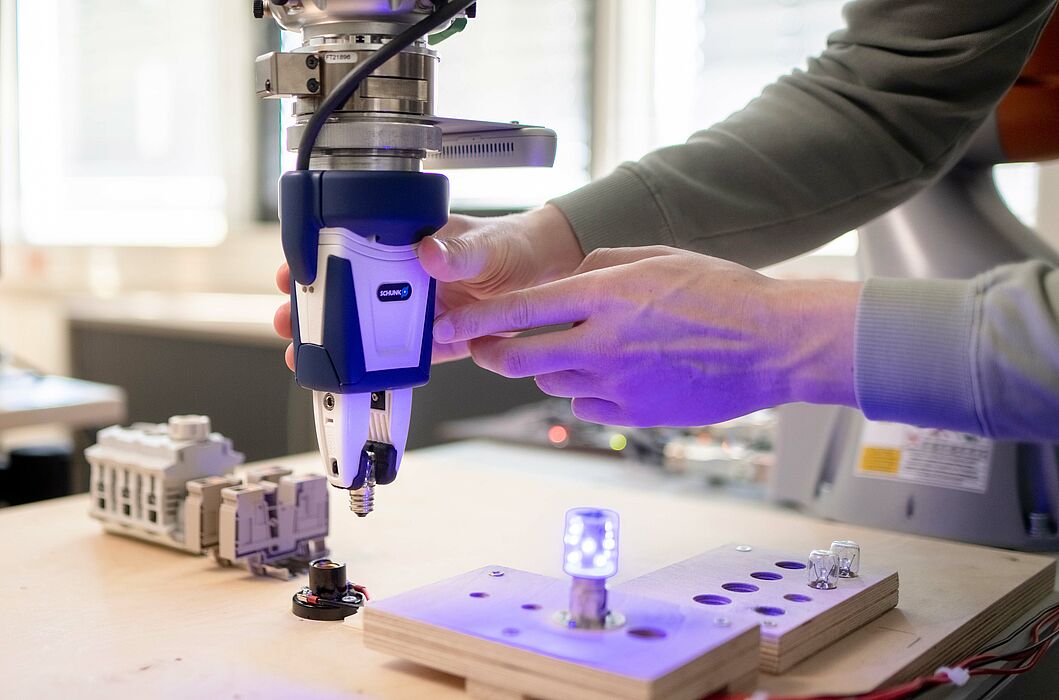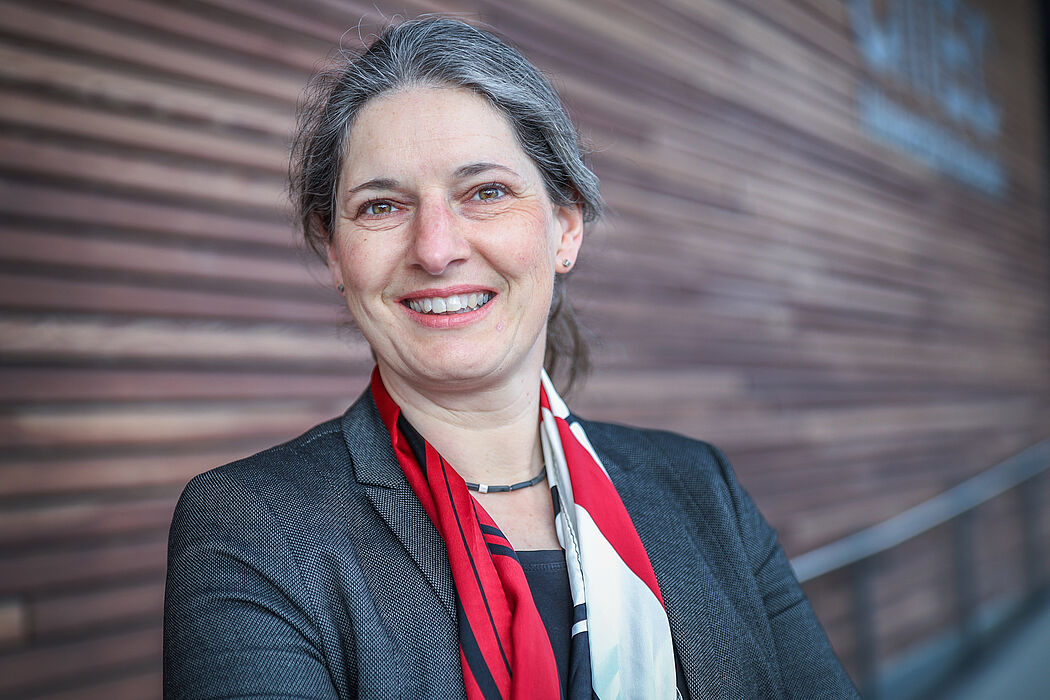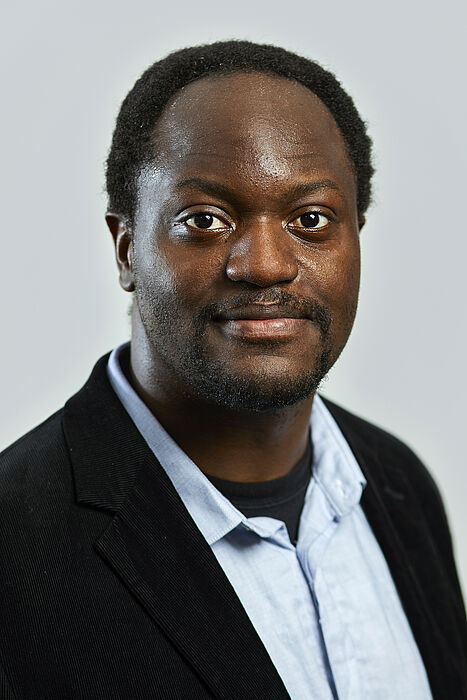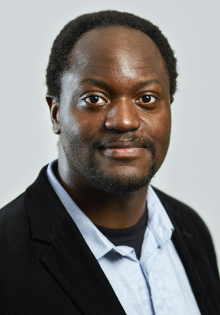The state of North Rhine-Westphalia is funding the SAIL research network
When a smart assistance system or other piece of hardware or software using artificial intelligence (AI) is introduced to the market, the system’s main functions will work – but there are not necessarily any guarantees that the system will continue to operate failure-free for the long term. The new SAIL research network is thus seeking to develop the foundations for a sustainable design for AI components. The goal: AI systems need to operate transparently, securely and resiliently throughout their entire product life cycle. In addition, they need to help preserve human self-determination. Bielefeld University, Paderborn University, FH Bielefeld University of Applied Sciences and OWL University of Applied Sciences and Arts are joining forces in an interdisciplinary network. Bielefeld University is coordinating the association, which was launched in August and comprises around 90 researchers. The state of North Rhine-Westphalia is providing the project with up to 14.8 million euros of funding.
"This collaboration between four institutions will enable the outstanding research being conducted by the researchers involved in the field of artificial intelligence to contribute even further to solving key social challenges. The funding awarded to the SAIL network is a huge success and sends a strong signal for our region", explained Professor Birgitt Riegraf, President of Paderborn University.
Intelligent socio-technical systems (ITS) are used in the world of work under a variety of conditions throughout their life cycle. "As systems are operated, new situations continually arise that cause the AI controlling the system to stumble", explained the network’s future coordinator, Professor Barbara Hammer of the Faculty of Technology at Bielefeld University. The deputy coordinator will be Professor Axel-Cyrille Ngonga Ngomo of the Department of Computer Science at Paderborn University.
"Our goal is to make AI systems usable for the long term by creating the flexibility required during the life cycle when the systems are introduced", Axel-Cyrille Ngonga Ngomo noted. Barbara Hammer explained: "To achieve this, the limits of AI systems must be heeded right from the outset, and it is important to take account of not only the technical features of systems but also their impact on society."
Innovative AI systems for industry and healthcare
The researchers in the SAIL network are tackling intelligent socio-technical systems in complex environments. The association is focusing on two relevant fields of application: workplaces in industry and assistance systems in healthcare.
The network is using interdisciplinary collaboration to implement sustainable AI for intelligent socio-technical systems. Computer scientists are working on AI’s main skills (core AI). This includes developing AI systems that are able to learn efficiently with little data, unlike the currently popular, often data-hungry methods. Furthermore, they are designing AI systems to incorporate prior knowledge geared towards the relevant areas of application. This will ensure that AI systems operate robustly. Engineering scientists in the SAIL network are for example examining the question of how to incorporate the laws of physics into AI systems or how domain-specific data processing can help AI processes to be implemented particularly efficiently. Researchers from fields in the humanities and social sciences are investigating how to design AI components in such a way that they are compatible with human cognition. They are also looking at ways of addressing the potential impact and risks of using AI components in society.
Network offers an alternative to current common AI systems
"I would like to congratulate all of the researchers involved in the SAIL application on receiving funding approval – it is a fantastic success", said Professor Angelika Epple, Vice-Rector for Research and International Affairs at Bielefeld University. "The AI systems currently in widespread use come from globally operating technology companies, collect large quantities of data, and are supported by energy-intensive computer centres. The SAIL network offers an important alternative: responsible artificial intelligence for the common good. Bielefeld University’s contribution to the new network in particular includes its research skills in cognitive interaction technology, developed over a number of years." This includes the Medical School EWL, which is involved in the network with its research into medical assistance systems.
Paderborn University is providing the SAIL network with its expertise in human-centred intelligent technical systems. "The only way to develop sustainable solutions is to place people at the centre of a modern technology world", explained Professor Johannes Blömer, Vice President for Research and Junior Academics at Paderborn University. "Paderborn researchers have been researching and implementing the links between technological and social aspects for several years via interdisciplinary projects. The SAIL network connects up this future-oriented, socially relevant field of research."
"The new network is a fantastic success for Campus OWL, the association of state universities in East-Westphalia", said Professor Anant Patel, Vice President of Research and Development at FH Bielefeld. The SAIL network ties in with the many years of experience that FH Bielefeld has built up in researching assistance systems for medical support. "FH Bielefeld’s skills in the field of AI are interdisciplinary and primarily application-oriented", Patel noted. "It is therefore exceptionally well placed to examine the whole life cycle of AI. The SAIL network also strengthens the excellent training provided to junior academics and enables even closer collaborations between the four partner universities via cooperative, interdisciplinary doctorates."
The areas of specialisation at OWL University of Applied Sciences and Arts (TH OWL) include intelligent industrial automation. "Sustainable artificial intelligence offers huge potential for production processes in industry", said Professor Stefan Witte, Vice President for Research and Transfer at TH OWL. "The fact that sustainable AI can adjust flexibly to new situations makes it perfect for production under the auspices of Industry 4.0. For example, this makes manufacturing custom products easier. Furthermore, the AI systems we are developing in the SAIL network generate fewer business costs: they are designed for long-term use and consume less energy than current systems."
Funding from the state of North Rhine-Westphalia
SAIL stands for ‘SustAInable Life-cycle of Intelligent Socio-Technical Systems’. The North Rhine-Westphalia state government is supporting the association via a programme under the heading of ‘networking’. The programme should sustainably strengthen and develop existing topic-based, cross-location research networks between universities, universities of applied sciences and non-university research institutions, as well as boosting their visibility and ability to compete on an international level. The research networks’ funding is for four years from August 2022. 19 draft proposals were submitted for the funding under the heading of ‘networking’, which were then subject to an intense scientific peer review process.
For more information, see the press release ‘81 million euros of state funding for five research networks of excellence in North Rhine-Westphalia’ from the North Rhine-Westphalia Ministry of Culture and Science.




